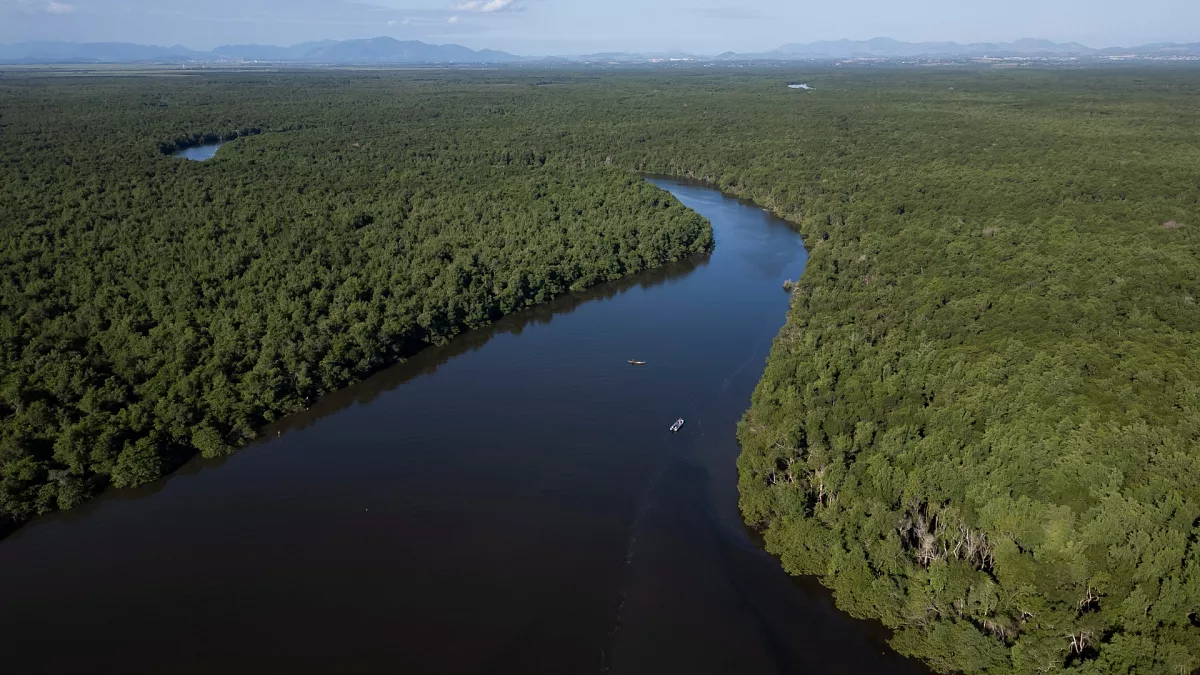Over a third of all tree species globally are currently at risk of extinction, posing significant threats to ecosystems, economies, and biodiversity. According to a recent assessment by the International Union for the Conservation of Nature (IUCN), 38% of tree species face threats from climate change, deforestation, invasive species, pests, and diseases across nearly every country.
This alarming finding places trees as one of the largest groups on the IUCN’s Red List of endangered species, with more trees under threat than birds, mammals, reptiles, and amphibians combined. The situation highlights an urgent need for conservation efforts to protect trees and maintain ecological stability.
Trees are integral to ecosystems, supporting numerous plants, fungi, and animal species while playing critical roles in environmental cycles. They are involved in carbon sequestration, water and nutrient cycling, soil formation, and climate regulation.
For instance, 100 trees can remove significant amounts of pollutants, including 54 tons of carbon monoxide and 430 pounds of other harmful particles annually. Losing tree species would disrupt these essential ecological processes, accelerating climate change and biodiversity loss, underscoring their vital role in maintaining environmental balance.
Dr. Dave Hole from Conservation International warns that the loss of diverse and thriving forests will exacerbate climate threats. He emphasizes that biodiverse forests not only help address climate change but also reinforce biodiversity, benefiting ecosystems and communities alike.

Over a Third of Global Tree Species Face Extinction, Undermining Ecosystems and Biodiversity
The increased number of tree species on the IUCN Red List signifies the severity of the crisis, which could deepen climate impacts. Hole advocates for the protection of tree species as a foundational strategy to tackle the twin challenges of climate change and biodiversity loss.
Trees are also economically vital, with over 5,000 endangered species used in the timber industry and more than 2,000 species providing resources like medicine, food, and fuel. Despite pledges from global leaders to end deforestation by 2030, recent data shows that deforestation remains rampant, with over 6 million hectares of forest lost in the past year alone.
The Forest Declaration Assessment criticizes the slow progress in addressing deforestation, suggesting that the world has yet to make meaningful advances toward conservation goals.
Over 1,000 experts contributed to the IUCN’s global tree assessment, largely funded by Fondation Franklinia, which advocates for more responsible reforestation practices. Jean-Christophe Vié, the foundation’s director, calls for diverse, thoughtful reforestation that includes threatened tree species.
He stresses that governments, forestry departments, and companies can improve the way they replant forests by adopting species-diverse strategies to maximize the ecological and climate benefits of reforestation. This approach, he argues, could quickly and effectively address both the climate and biodiversity crises.
